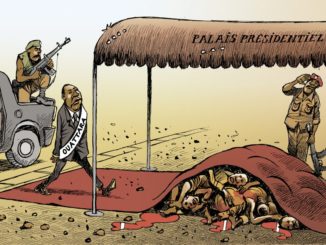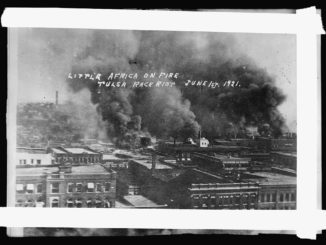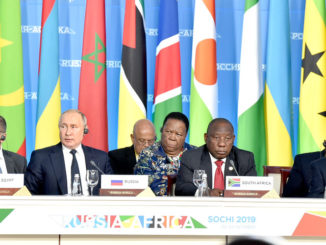
Oil, Cocoa, AFRICOM and a Dictator: Requiem for a Dream of Democracy
It should have been a democratic success story. The presidential election in Côte d'Ivoire, West Africa in October 2020 was expected to put an end to three decades of political unrest with the first peaceful transfer of power. Instead, though the constitution says the president can only stay in power for two terms, Alassane Ouattara ran for and won a third presidential term amid ethnic violence, extreme police brutality and the jailing of his opponent, thus barging his way to a presidency for life.




